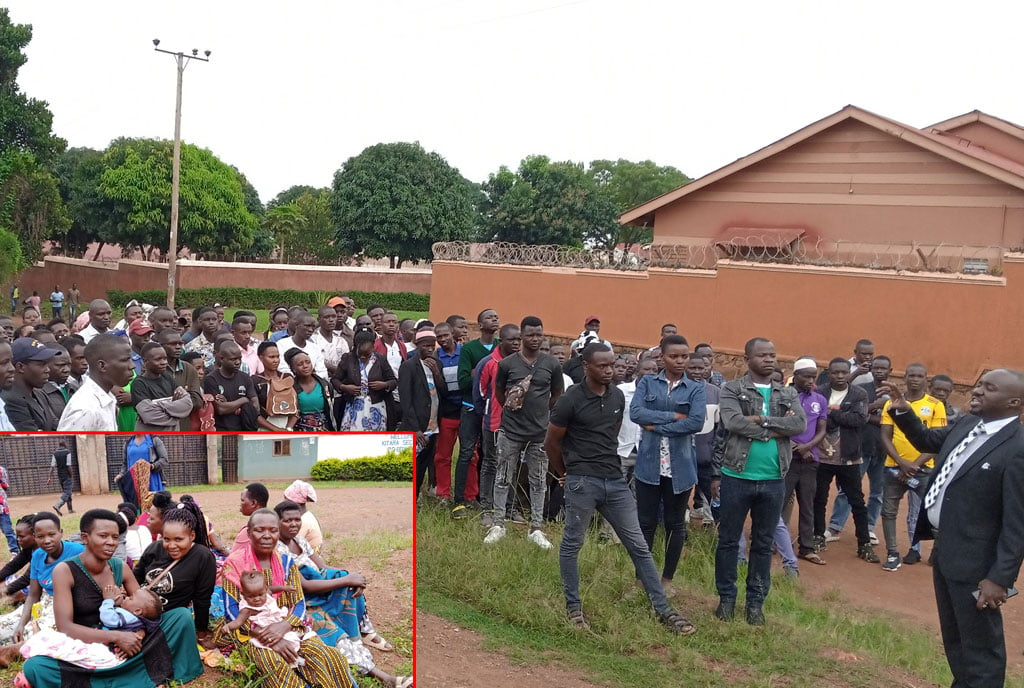Prime
Listen to the messages, go slow on the arrests

Author: Brian Ayesiga. PHOTO/FILE/COURTESY
What you need to know:
- Let the PAPs be heard and helped so that they can also enjoy their rights as before EACOP.
Over the past three or so years, climate activists, Project Affected Persons (PAPs), Environmental and Human Rights Defenders (EHRDs) have gone to the streets to air out their grievances over the apparent unfair compensation, forced evictions, loss of land and gross livelihood disturbances that have been caused by construction of the East African Crude Oil Pipeline (EACOP) and other massive oil projects in Uganda.
But each and every time these defenders have come out to express the said concerns, they have been intercepted, brutally arrested, detained, remanded and others are now facing criminal charges related to common nuisance, unlawful assembly on incitement to violence. Those in courts are already being frustrated with numerous appearances in court, adjournments and the cycle continues so forth. But the question of the day remains “Are the messages of unfair compensation, forceful land evictions, environmental abuses and others being heard? Can the Activists be listened to without brutal and unjustified arrests?
During an intended August 26, 2024 PAPs led peaceful anti-EACOP march in Hoima, I was impressed with the approach of the area Resident City Commissioner (RCC) Badru Mugabi, together with his Kikube District counterpart Amlan Tumusiime. Specifically, Mugabi did not lead confrontational charges to spark clashes between security forces and more than 100 demonstrators who had convened at the government aided Kitara Secondary School in anticipation of the march. Instead, he encouraged the protesting PAPs to peacefully take their petition at the EACOP Hoima office.
Prior, dialogue was evident as Mugabi and Tumusiime engaged PAPs. The duo spoke with members of the long-term neglected project affected communities and allowed at least five representatives from separate host communities to join dissenters who sought to deliver the said petition.
In doing so, the message met its destiny, amid restricted movements or marches for the rest of the group of more than 100 people opposed to EACOP. As a country, we need to establish a level of tolerance and spaces to agree and disagree with each other respectfully.
It is sad that the communities and environmental defenders are always arrested every time they exercise their constitutional right to assemble, peacefully demonstrate or petition Ugandan authorities. Actions of the state are contrary to provisions enshrined under article 29 of the 1995 Ugandan constitution. Worse still, some of the anti-EACOP detainees have previously been found with no case to answer despite spending several days in jail. In fact, about two cases involving these activists have been dismissed by the Buganda Chief Magistrate Court.
As peace-loving citizens, we must condemn this continued repression of community voices as well as violent approaches in apprehending human rights and environmental defenders.
I pray and hope such approaches adopted by the RCC and RDC are used elsewhere, particularly by police- so that the message can be driven home without bloodshed.
Let the PAPs be heard and helped so that they can also enjoy their rights as before EACOP. Urges for project success must cater the respect of the fundamental rights of the people in the host communities. No development should disrespect human rights.
The writer, Brian Ayesiga, is works with Youth for Green Communities (YGC).




